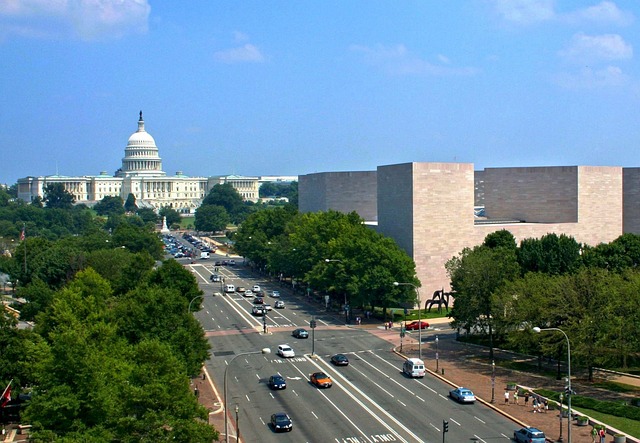Exploring the Influence of Religion on Voting Behavior
all panel mahadev book, lotus bhai 365 login, allpaanel:Religion has long been known to play a significant role in shaping individuals’ beliefs, values, and behaviors. One area where the influence of religion is particularly evident is in voting behavior. In this article, we will explore how religion impacts the way people vote and the factors that drive this connection.
The Influence of Religion on Voting Behavior
Religion has a powerful impact on voting behavior for many reasons. One key factor is the role of religious beliefs in shaping individuals’ values and priorities. For example, individuals who are deeply religious may prioritize issues such as abortion, LGBTQ rights, or immigration based on their religious beliefs. These values can strongly influence how they vote in elections.
Additionally, religious institutions and leaders often play a role in shaping political opinions and encouraging their followers to vote in a certain way. Churches, mosques, temples, and other religious organizations may endorse specific candidates or parties based on their stance on religious issues. This endorsement can sway the voting behavior of individuals who trust and respect their religious leaders.
Religious identity also plays a role in voting behavior. Individuals who strongly identify with a particular religion may feel a sense of loyalty or obligation to vote in alignment with the values of that religious group. This can lead them to support candidates who align with their religious beliefs, even if those candidates do not align with their other political views.
Moreover, religion can be a key factor in determining which political party an individual supports. In the United States, for example, religious groups such as white evangelical Protestants are more likely to vote for conservative candidates and identify as Republicans. On the other hand, religious groups such as Black Protestants are more likely to vote for liberal candidates and identify as Democrats. These patterns are reflective of the values and priorities of these religious groups.
The Influence of Religious Leaders and Institutions
Religious leaders and institutions play a significant role in shaping the voting behavior of their followers. Many religious organizations have historically been involved in political activism and advocacy on issues such as civil rights, social justice, and healthcare. These organizations can mobilize their members to vote for candidates who support their values and priorities.
Some religious leaders are also influential figures in politics and may endorse specific candidates or parties. Their endorsements can carry significant weight with their followers, who may trust their judgment and guidance on political matters. For example, a endorsement from a popular pastor or religious leader can sway the votes of thousands of followers.
However, it is important to note that not all religious leaders and institutions are politically active or endorse candidates. Some religious organizations choose to remain neutral in political matters, while others may take a more nuanced approach to politics. Individuals may also choose to separate their religious beliefs from their political views and vote based on other factors.
FAQs
Q: Does religion always determine voting behavior?
A: While religion can have a significant impact on voting behavior, it is not the sole determiner. Individuals are influenced by a variety of factors, including their personal experiences, socioeconomic status, and political beliefs.
Q: Can religion influence voting behavior in non-religious individuals?
A: Yes, religion can still play a role in shaping the values and priorities of individuals who do not identify with a specific religion. Cultural and societal norms shaped by religion can influence individuals’ beliefs and behaviors, including their voting choices.
Q: Are there differences in how different religions influence voting behavior?
A: Yes, different religious groups may prioritize different issues and values, leading to variations in how they vote. For example, white evangelical Protestants may prioritize issues such as abortion and LGBTQ rights, while Black Protestants may prioritize social justice and healthcare.
In conclusion, religion plays a significant role in shaping individuals’ voting behavior. From influencing values and priorities to mobilizing followers and shaping political identities, religion can have a profound impact on how people vote in elections. Understanding the role of religion in voting behavior is essential for political candidates, parties, and organizations seeking to appeal to diverse voter bases.







